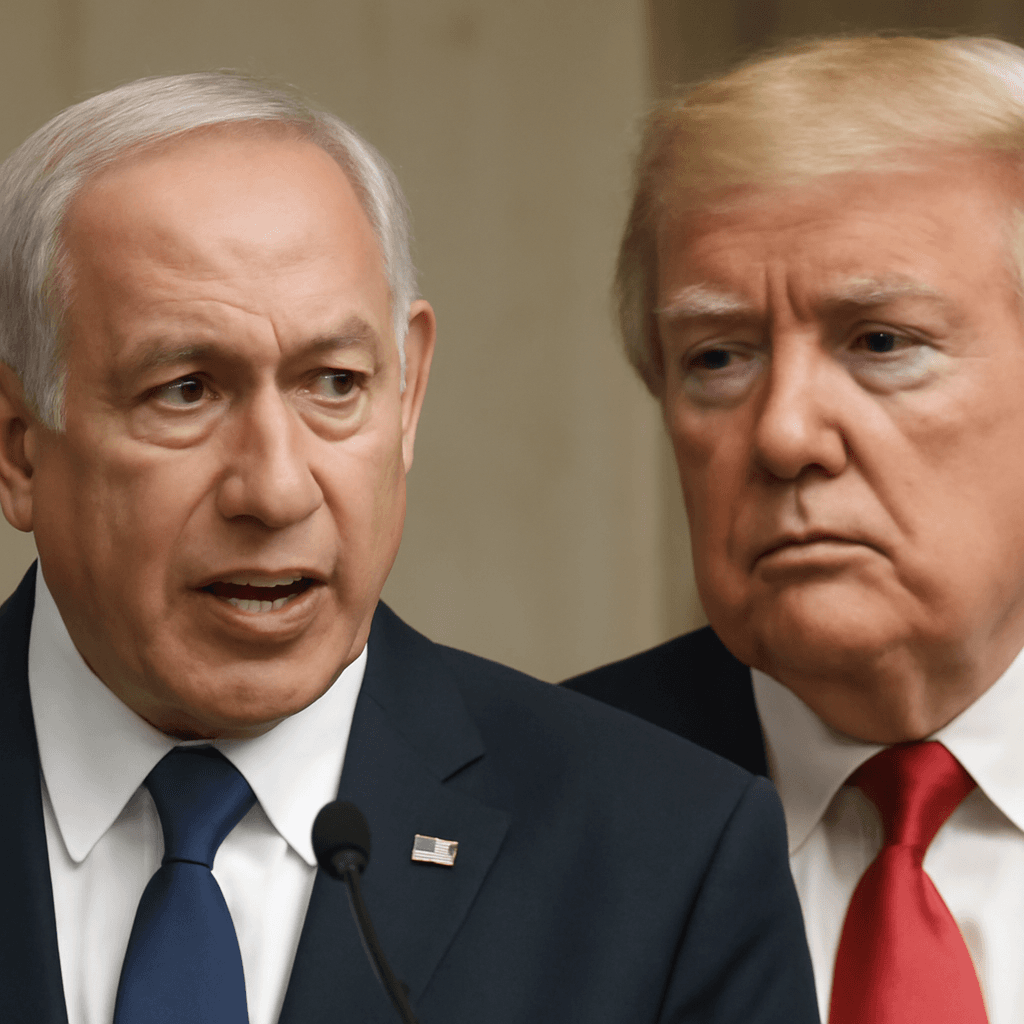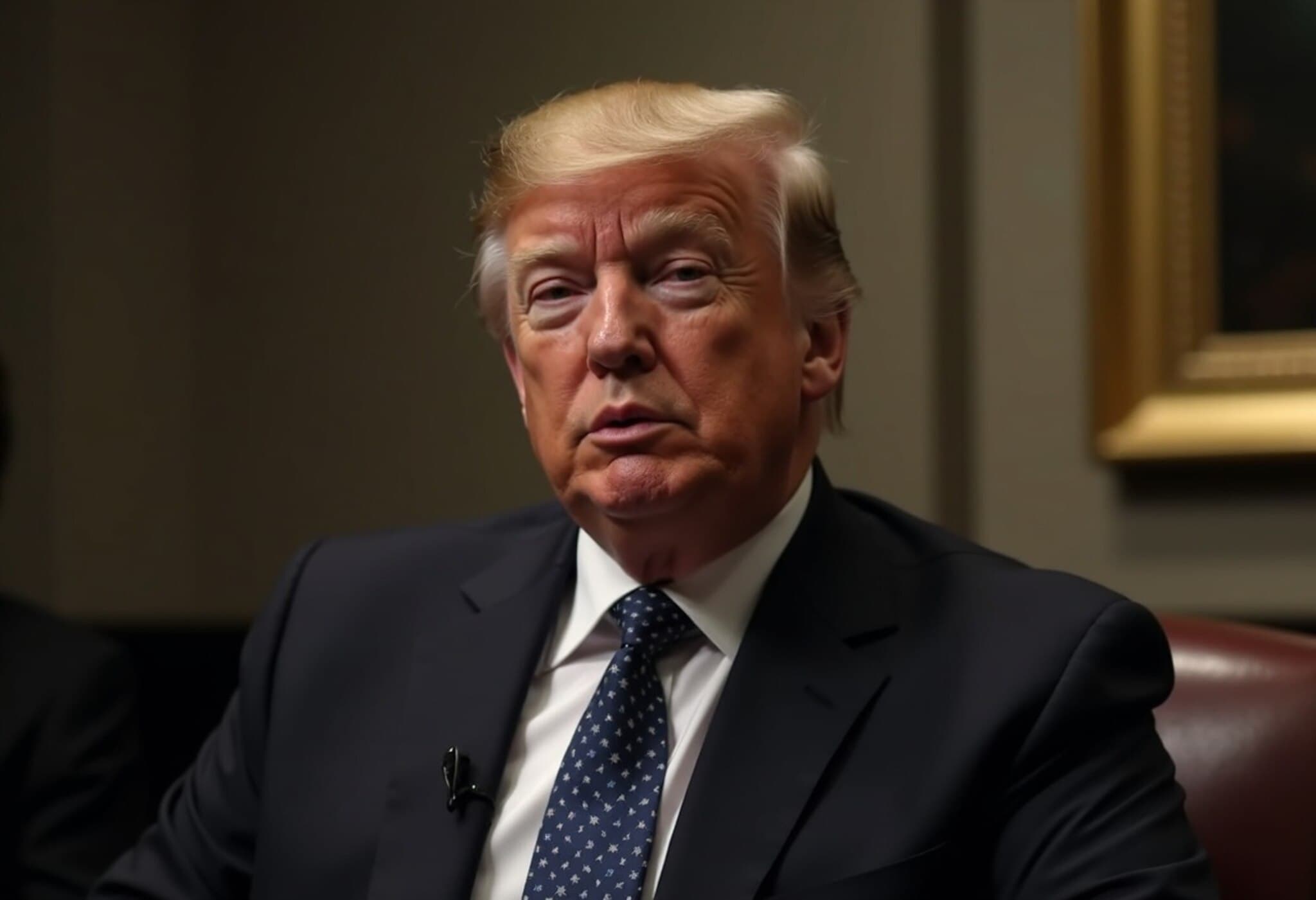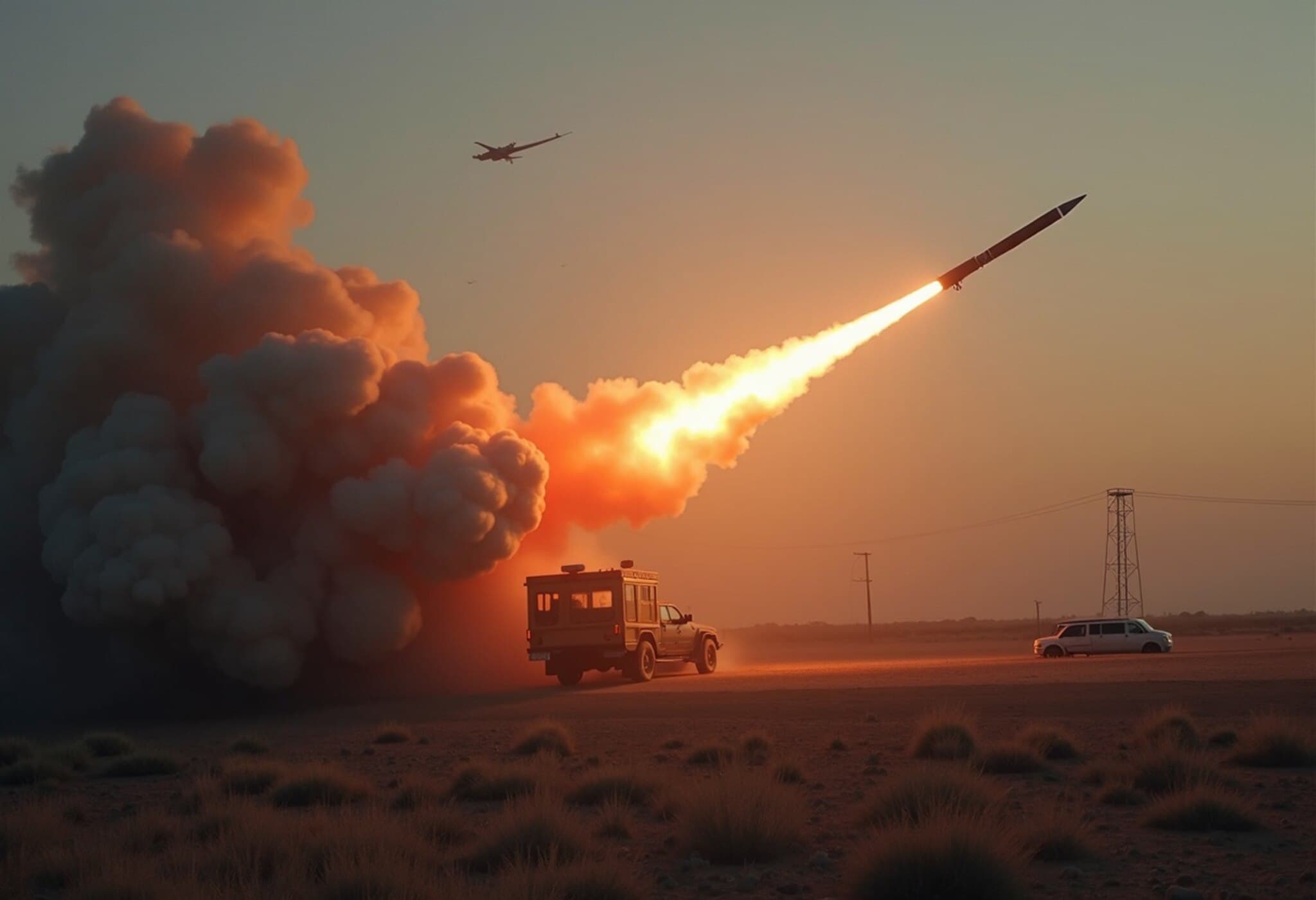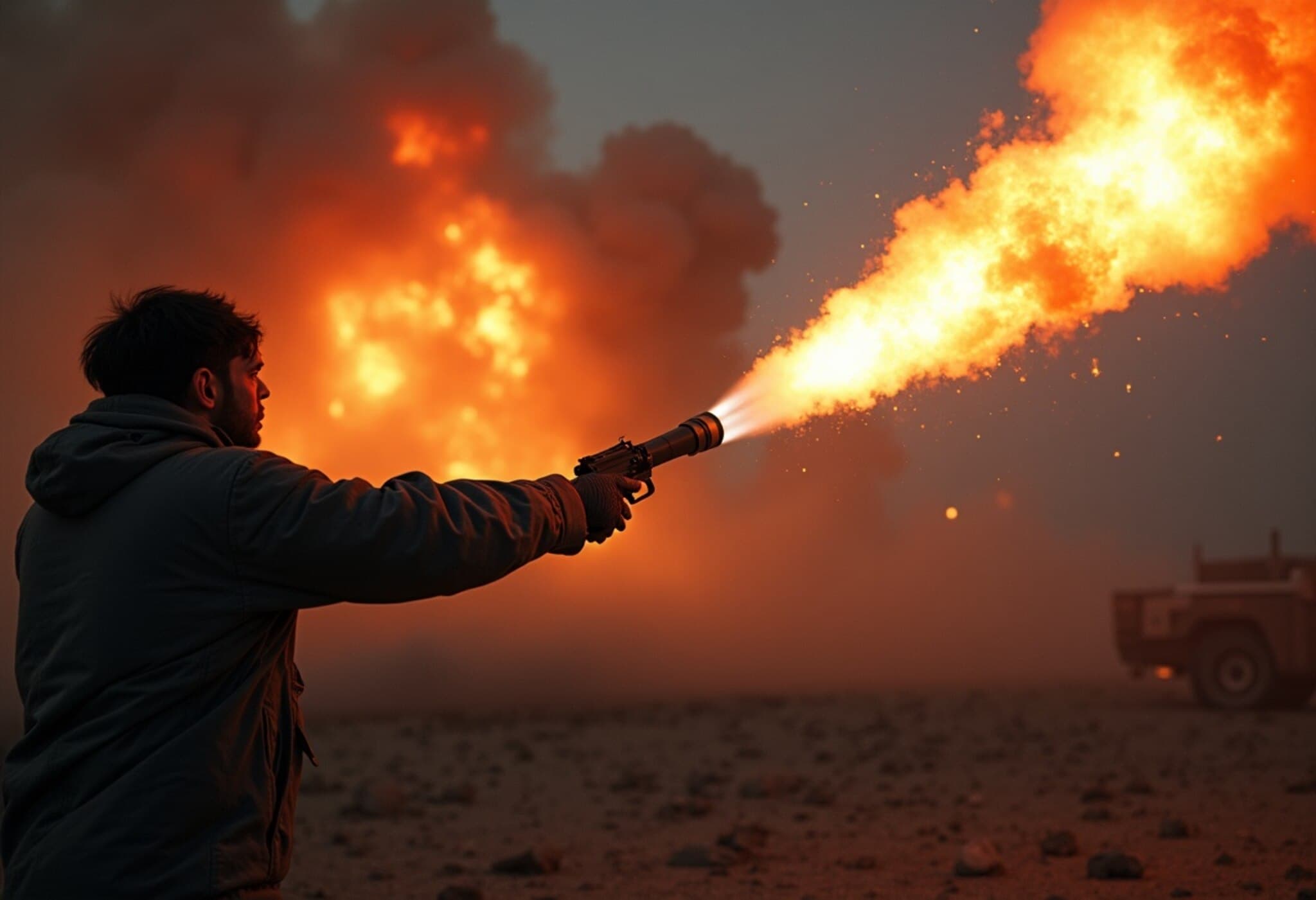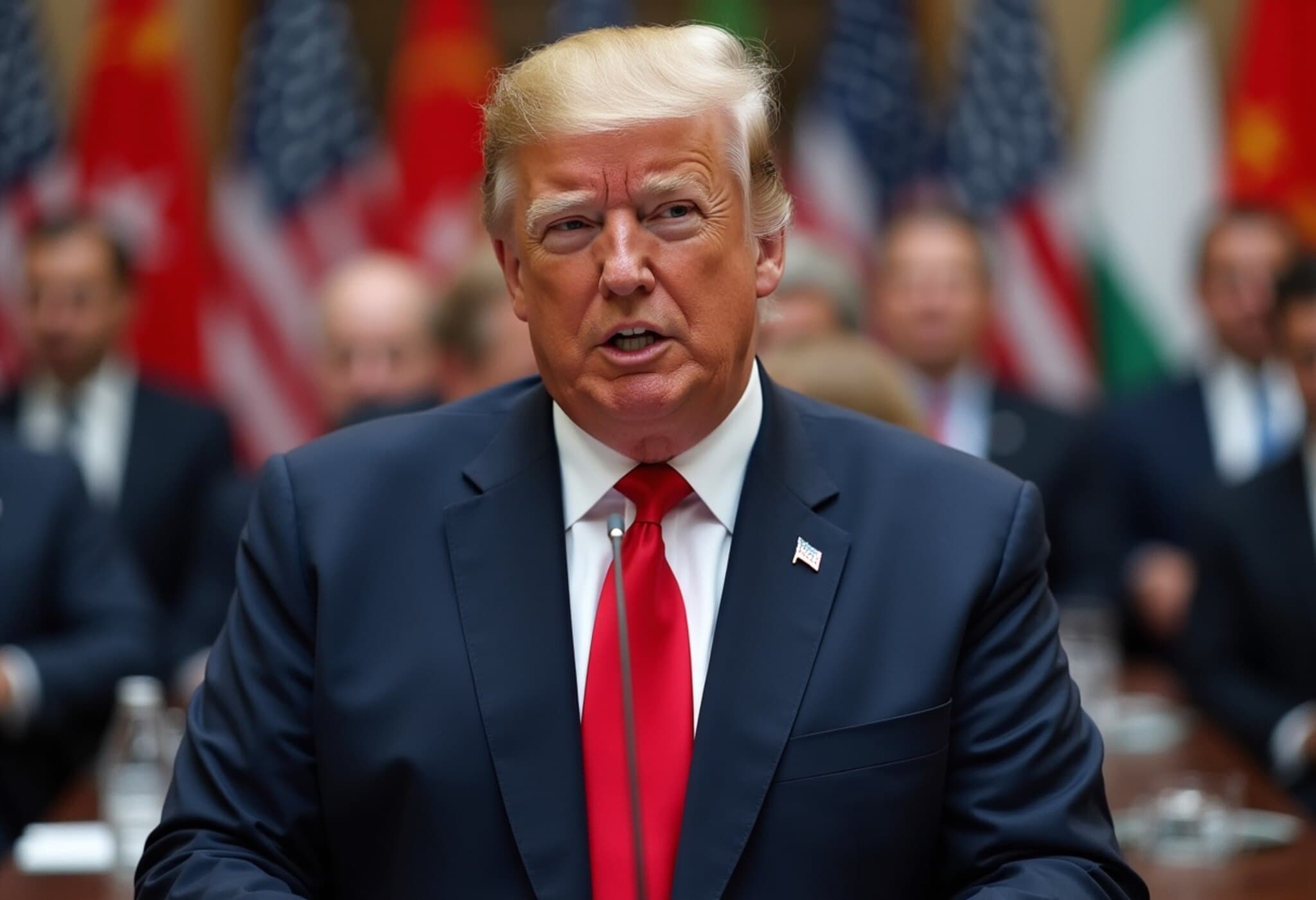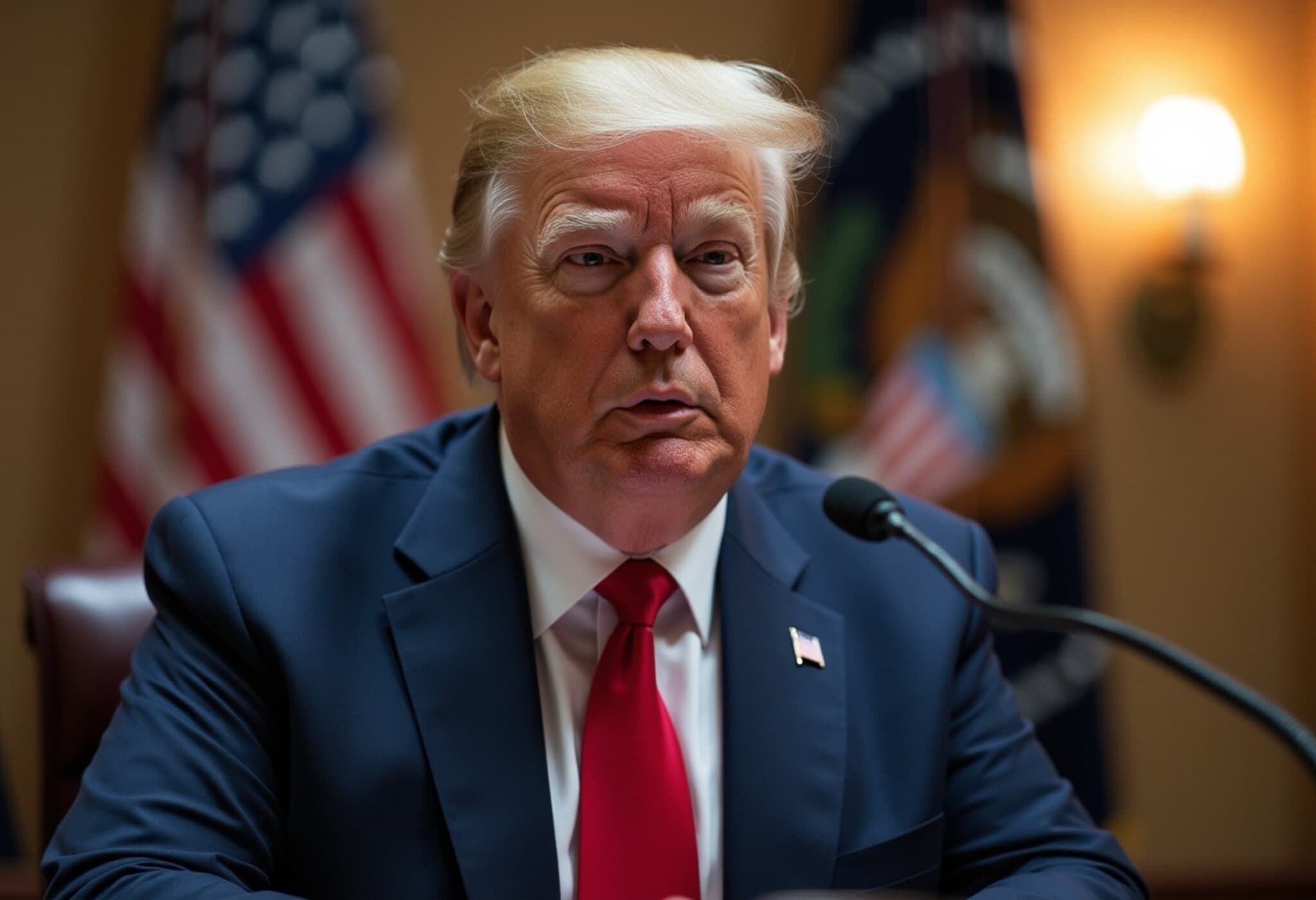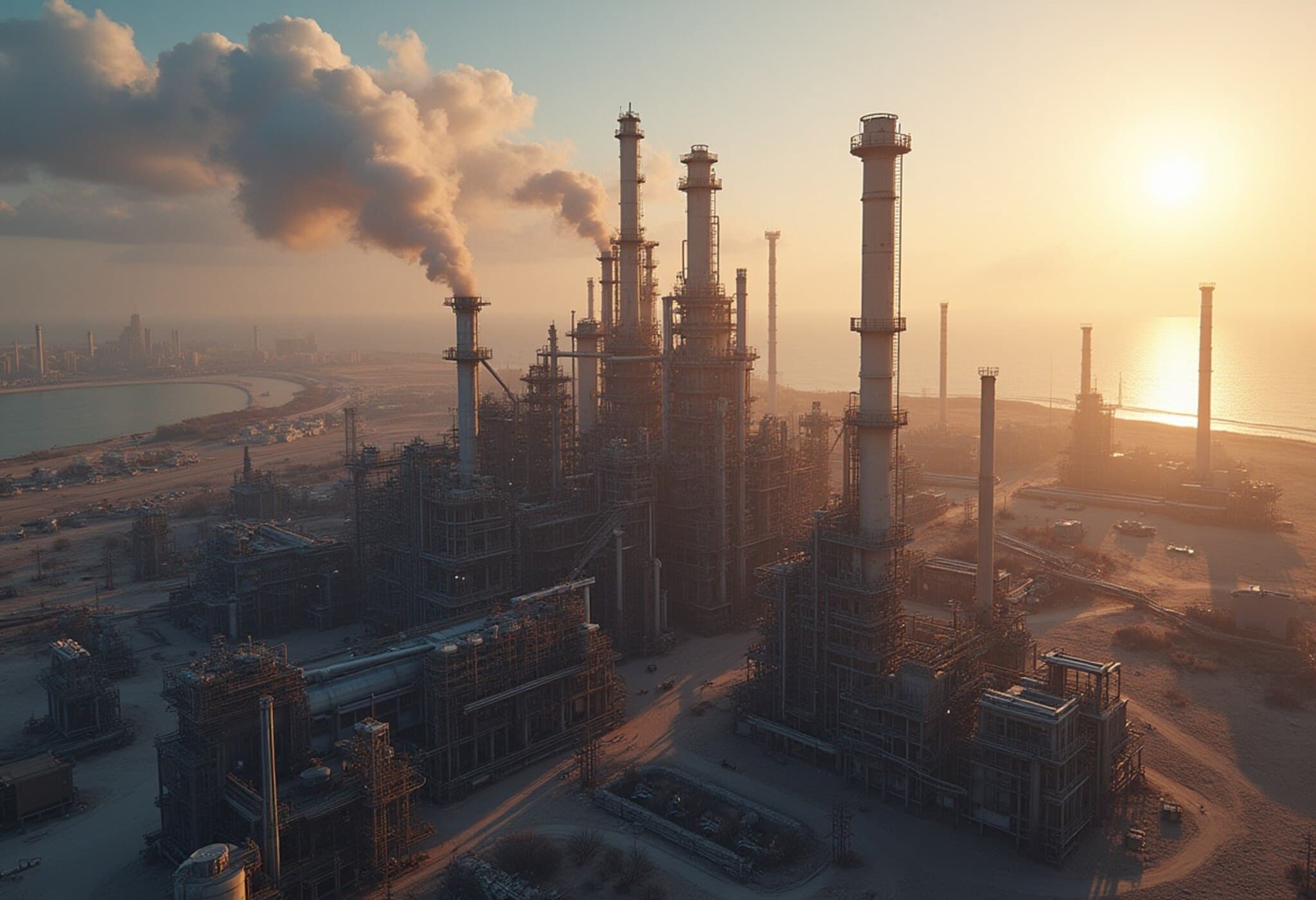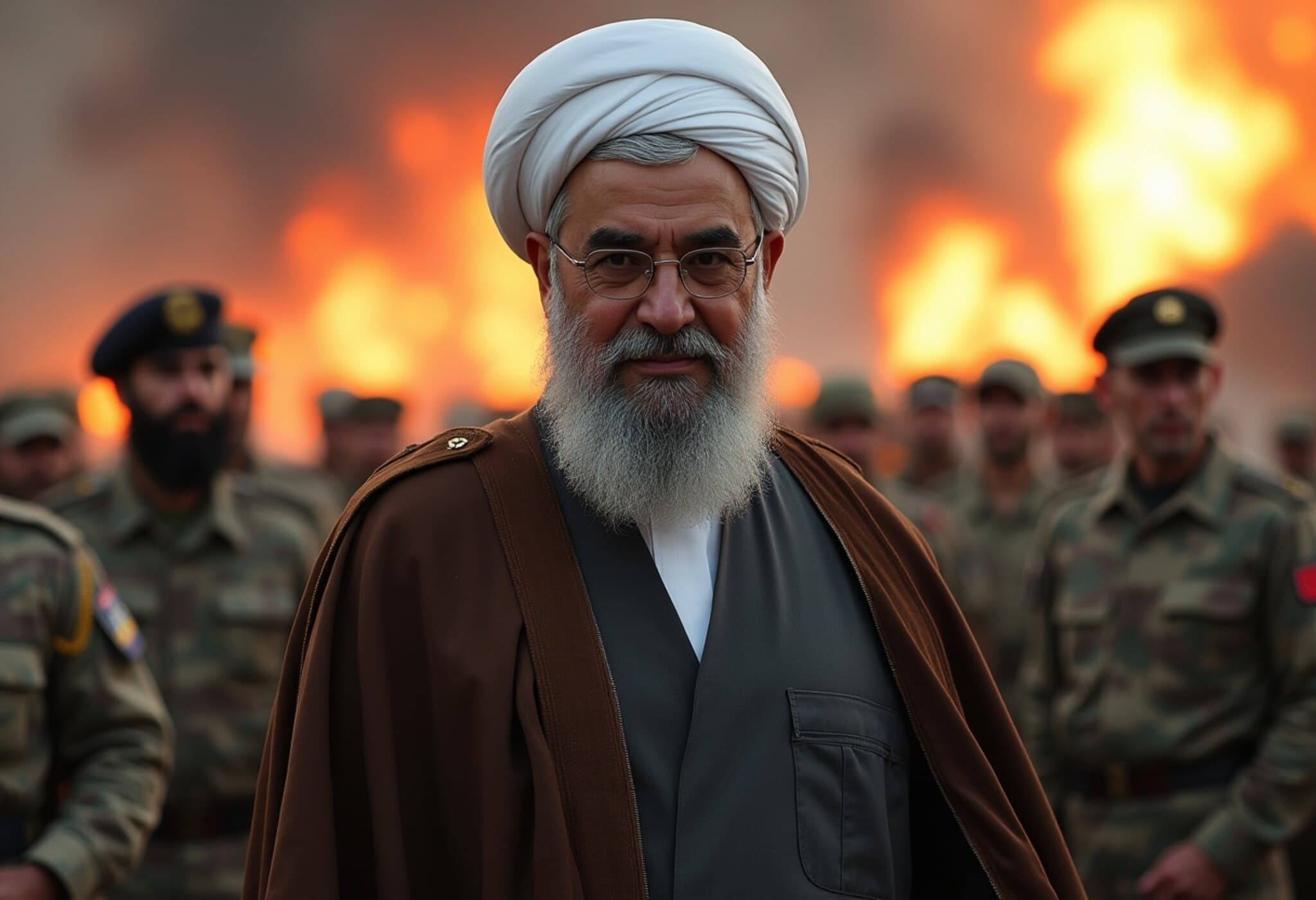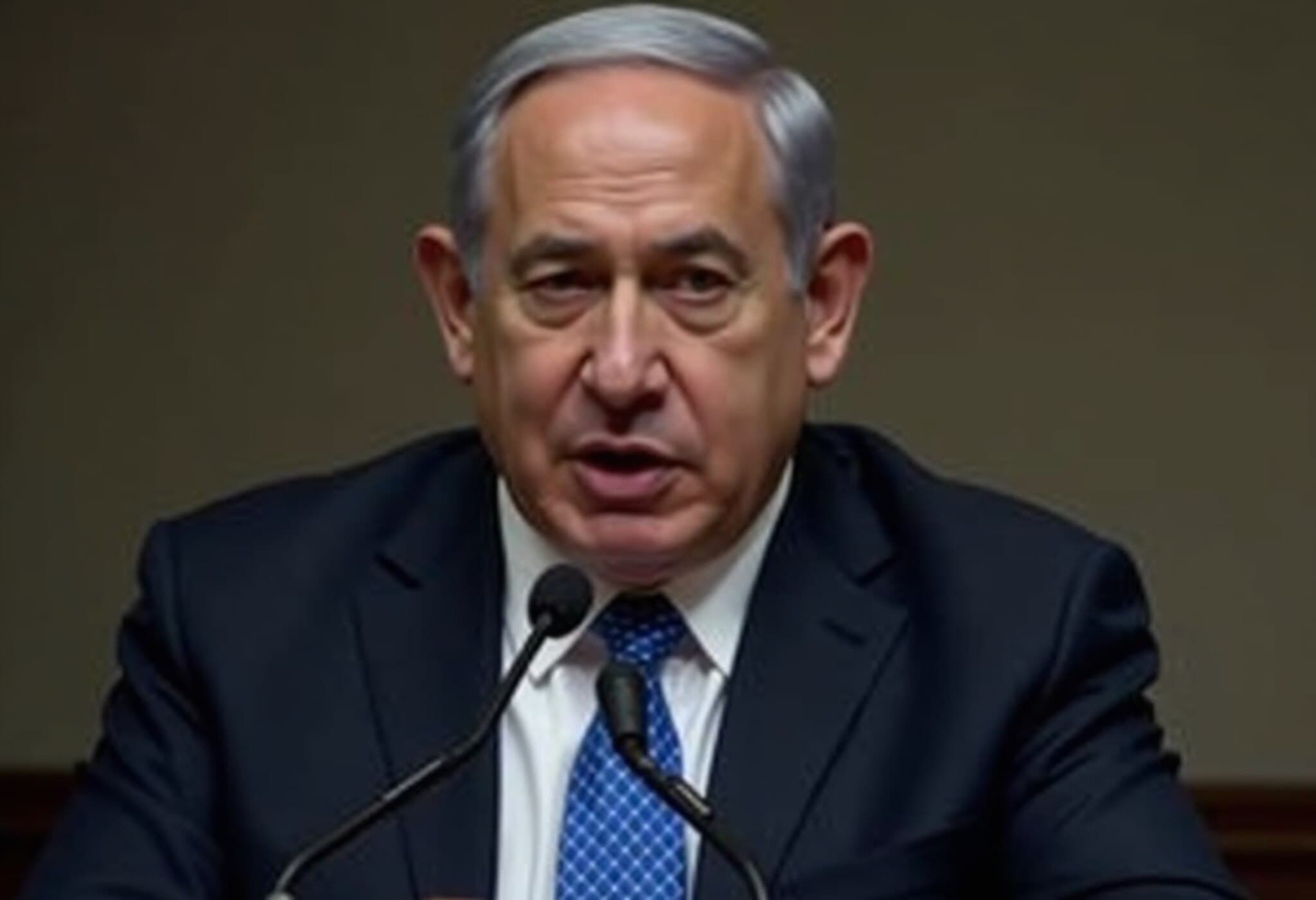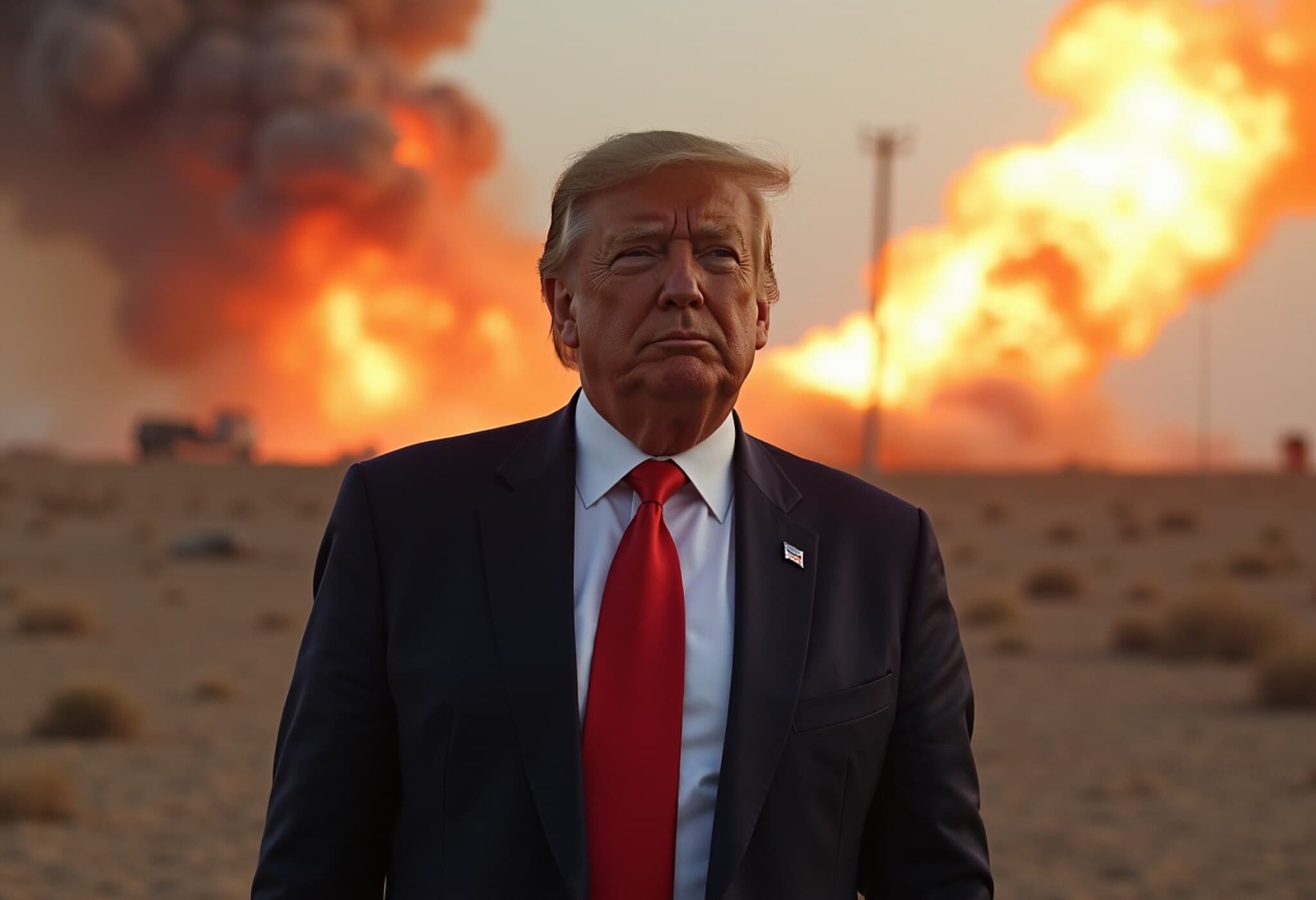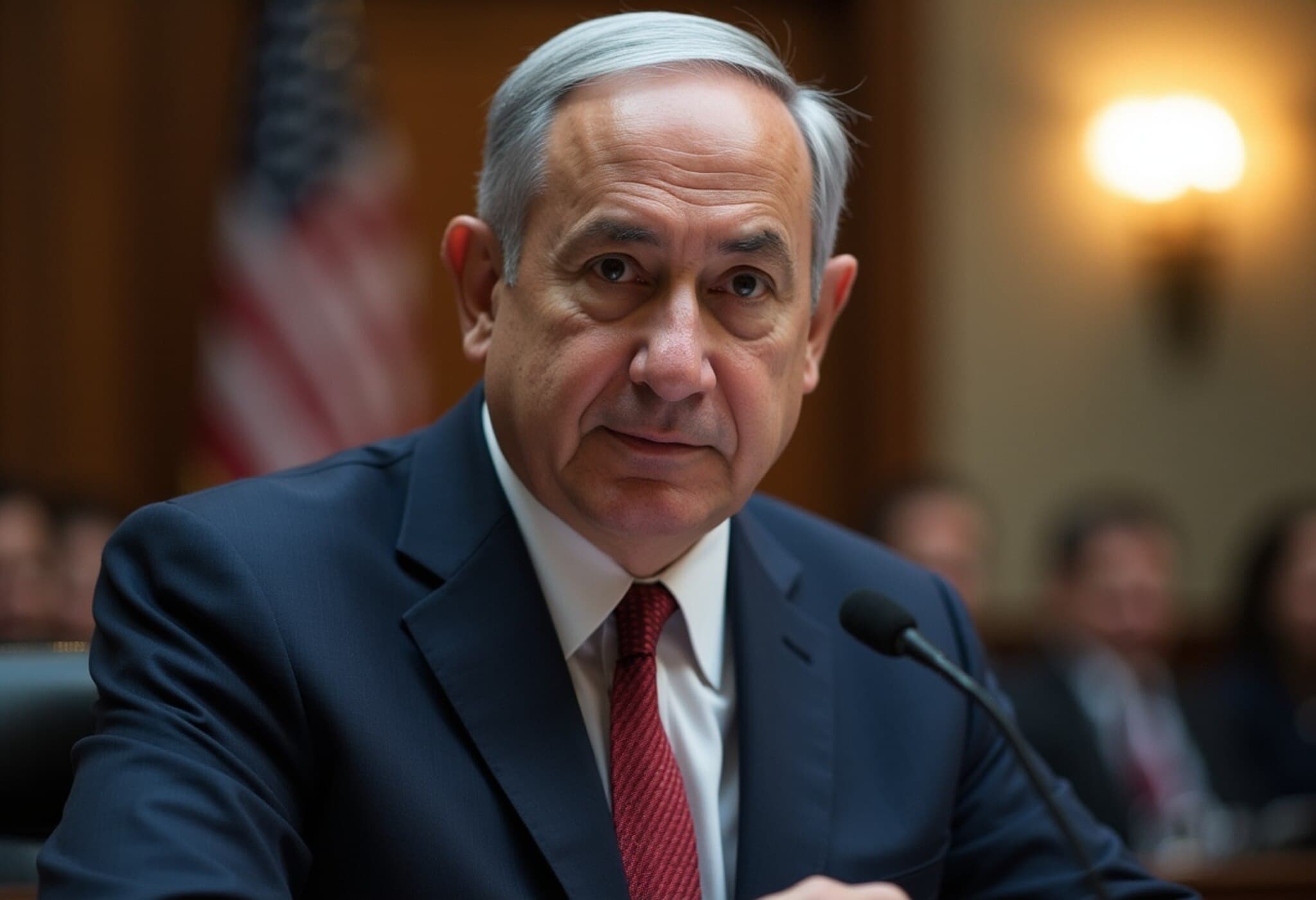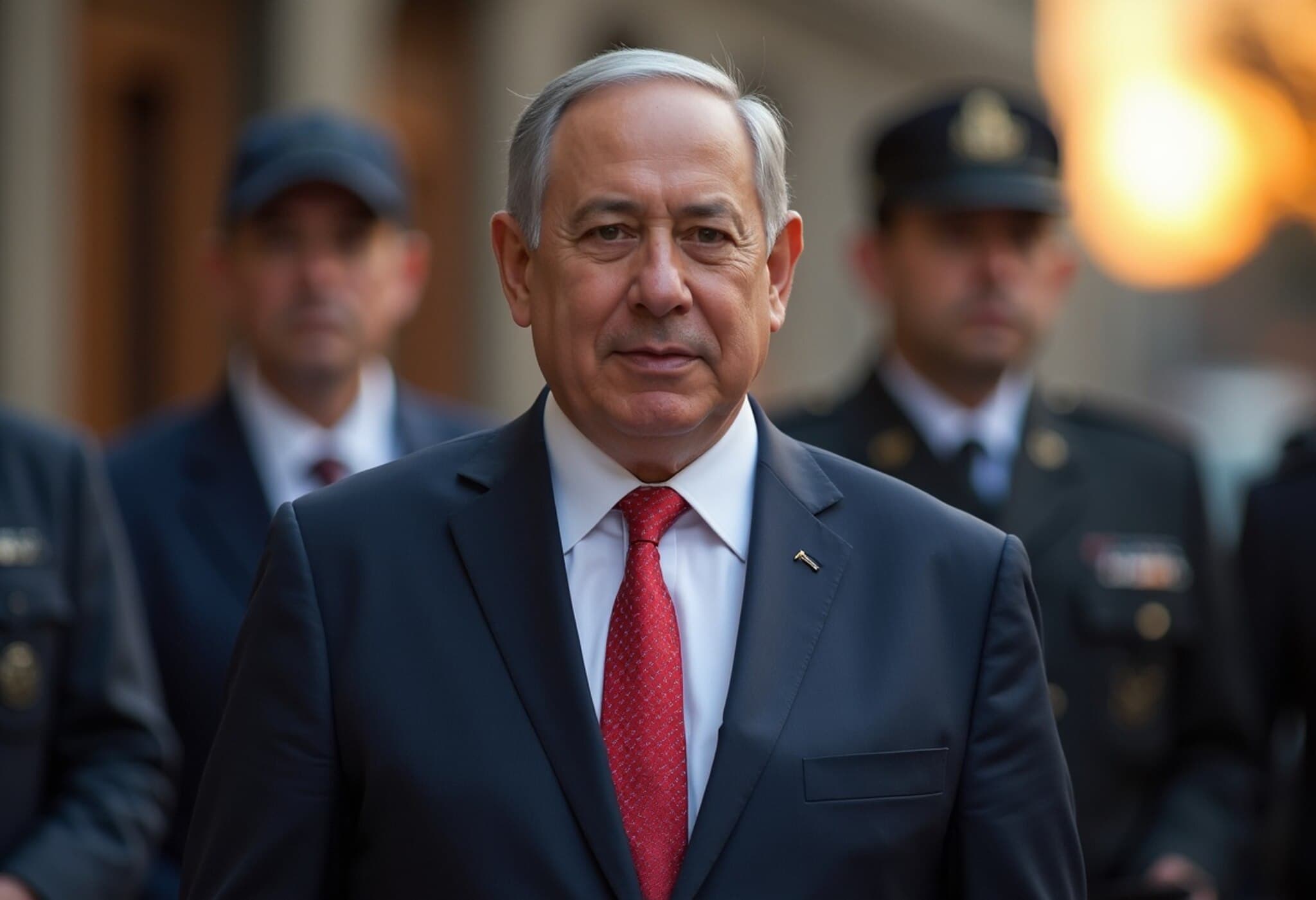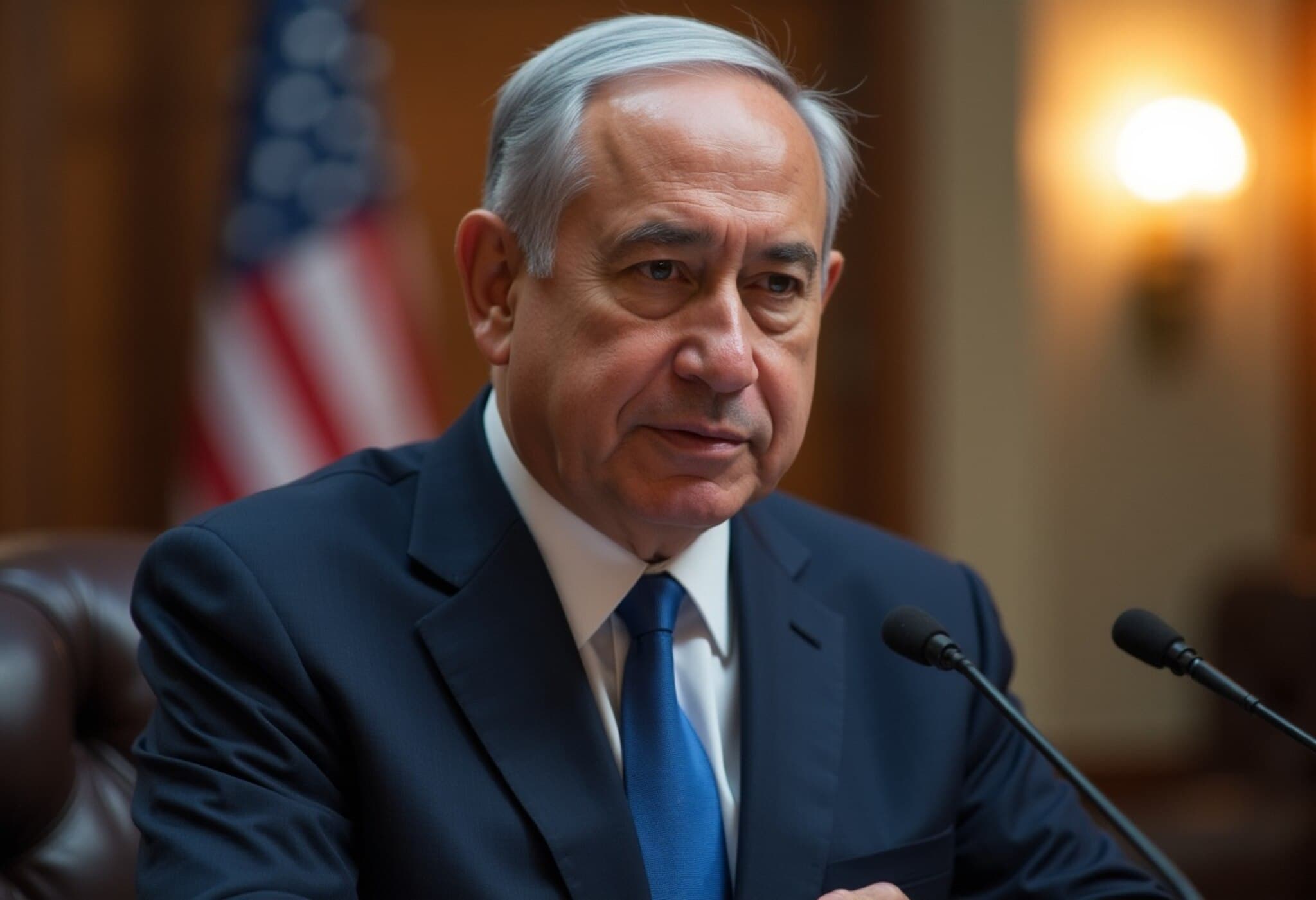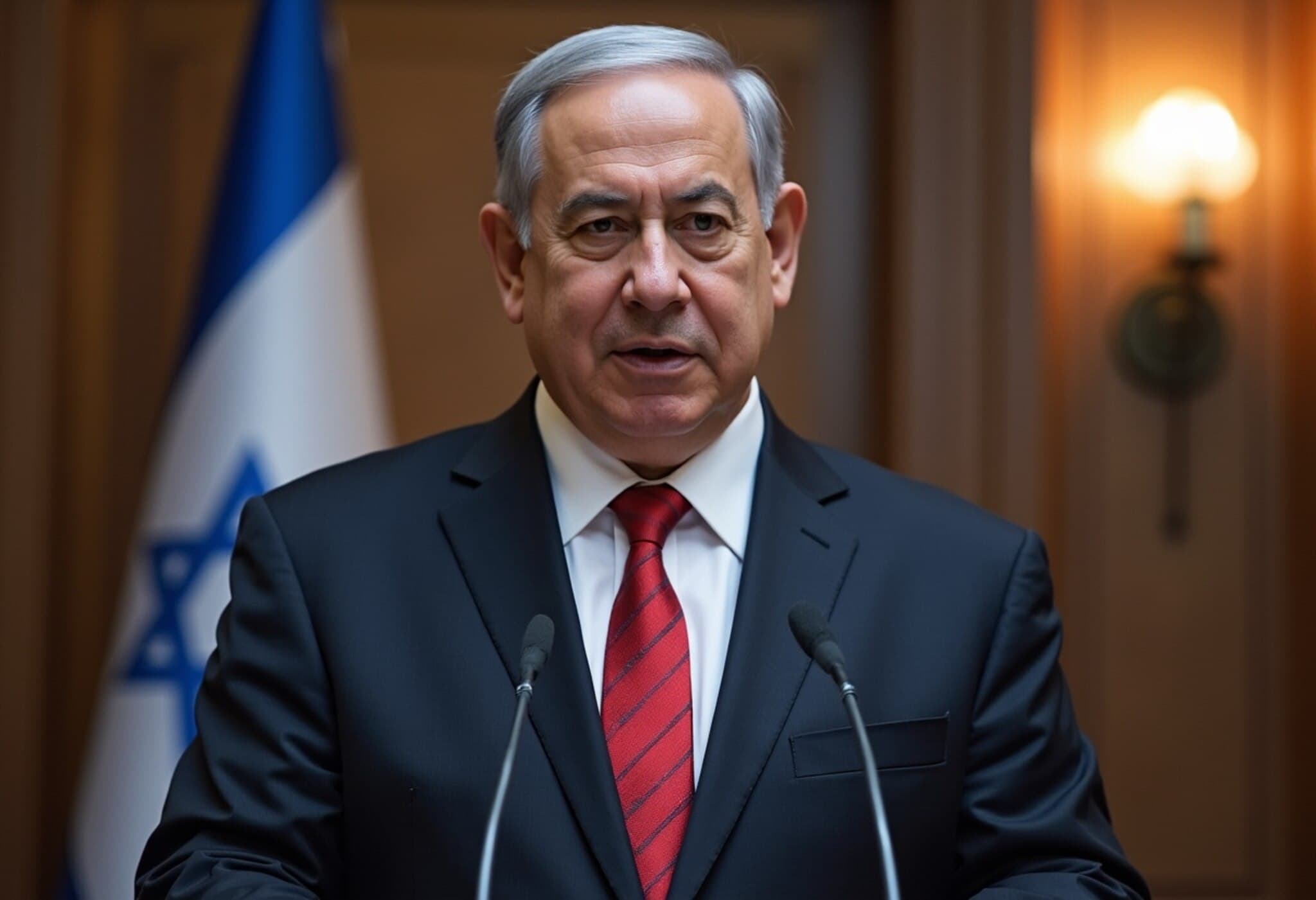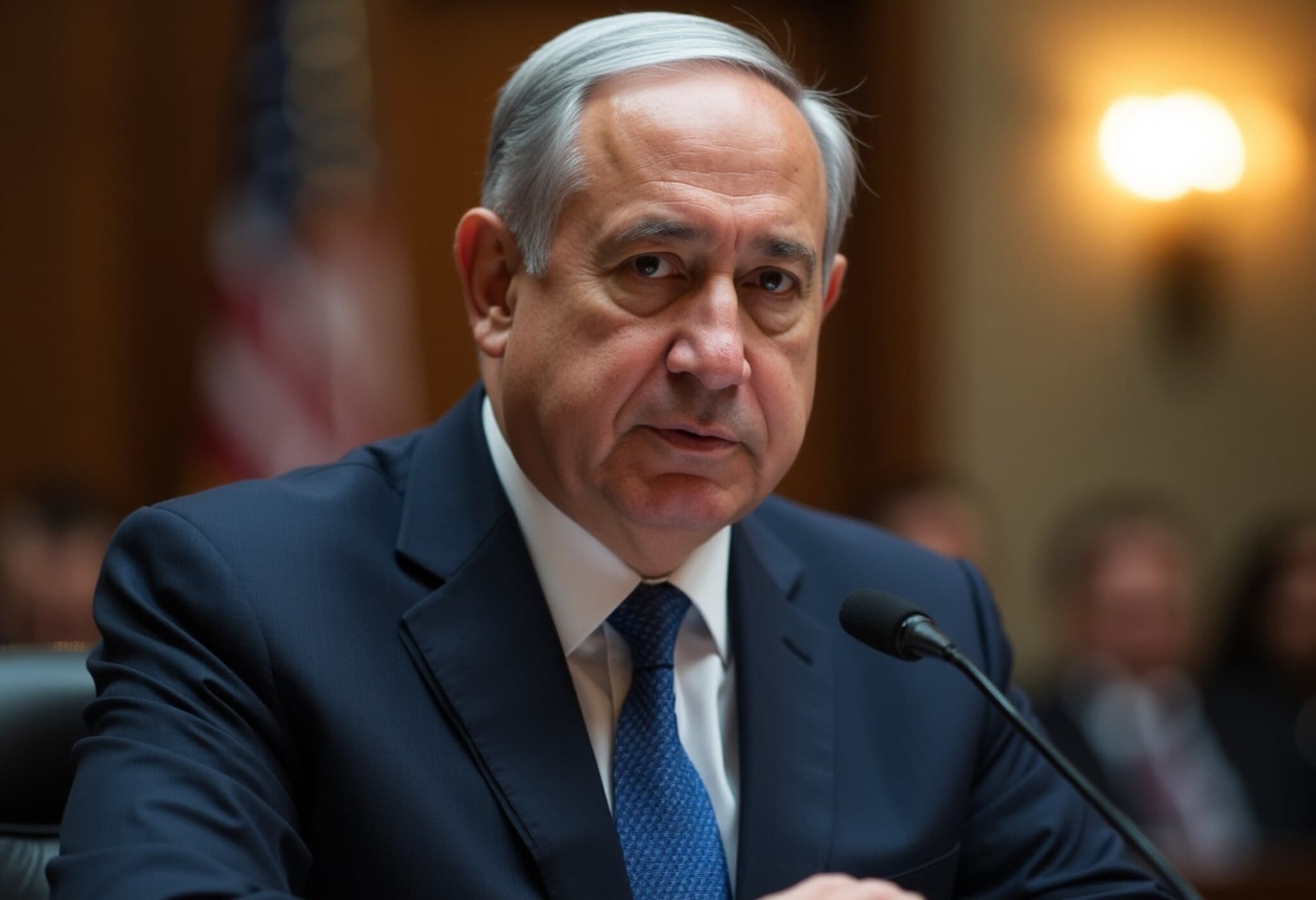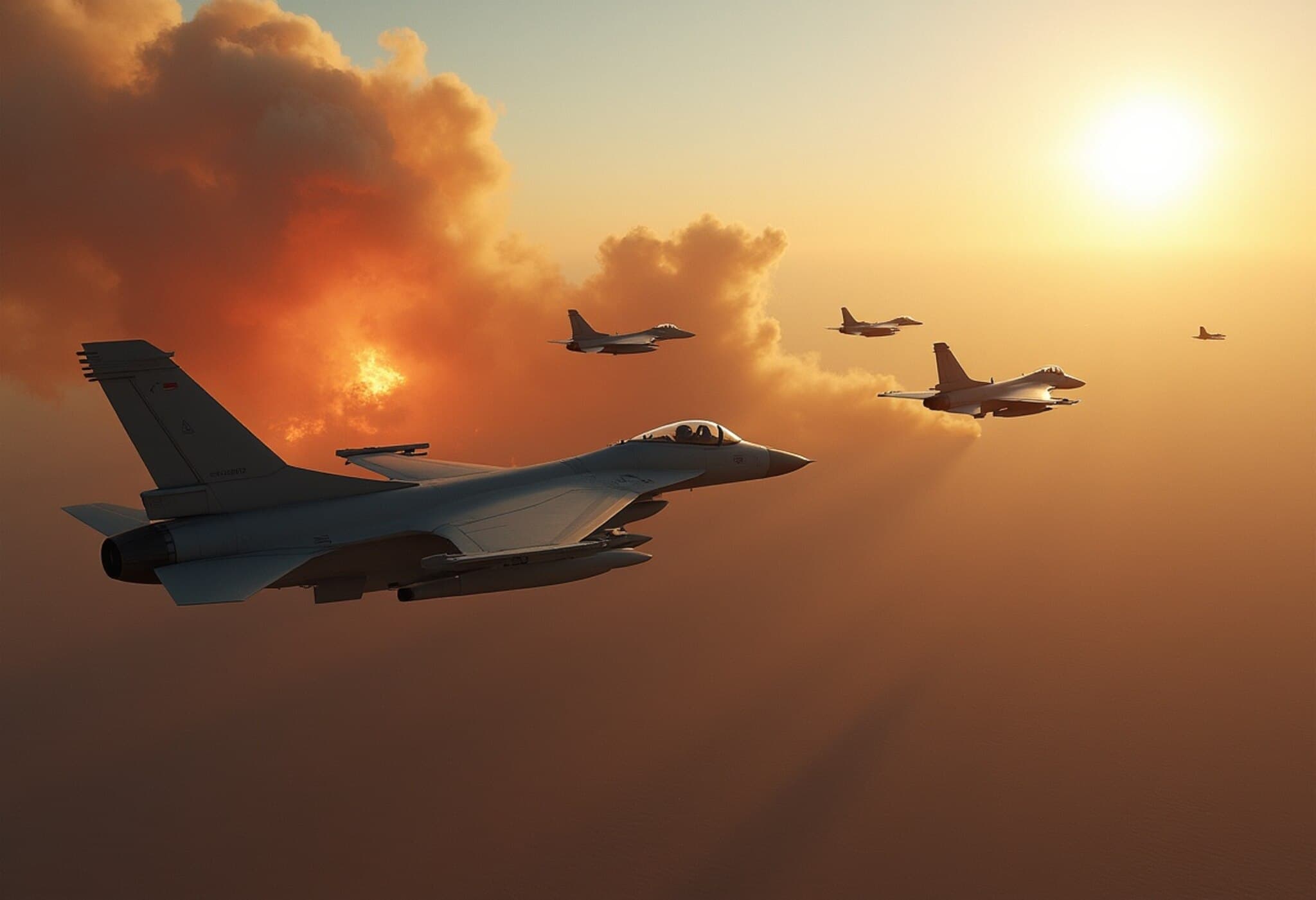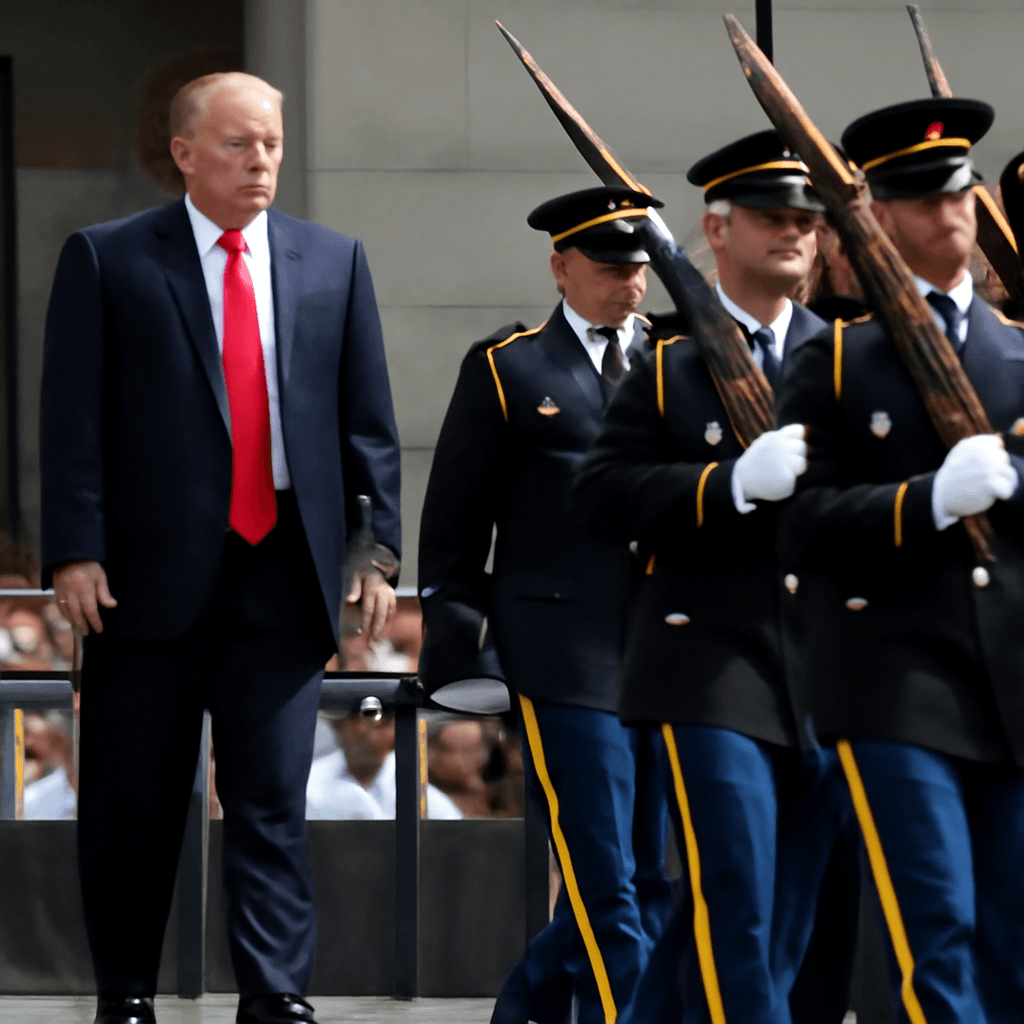Netanyahu Labels Trump Iran's "Enemy Number One" Amid Nuclear Tensions
Israeli Prime Minister Benjamin Netanyahu has publicly declared that Iran views former US President Donald Trump as its top enemy, going as far as to allege assassination attempts linked to Tehran. Netanyahu's comments reflect escalating tensions centered on Iran's nuclear ambitions and Israel’s security concerns.
Trump’s Hardline Approach Viewed as a Direct Threat by Iran
Speaking candidly, Netanyahu described Trump as a decisive leader who refused to engage in what he called "weak bargaining" with Iran. According to Netanyahu, the former president dismantled the previous nuclear agreement, took bold steps such as the targeted killing of Qasem Soleimani, and firmly opposed Iran's uranium enrichment—actions that have made Trump a prime target.
“They want to kill him. He’s enemy number one,” Netanyahu asserted, emphasizing the threat Iran perceives from Trump's policies.
Israel’s Security at a Critical Juncture
Netanyahu described Israel as facing what he called a dual existential threat: firstly, Iran’s rush to develop atomic bombs through uranium enrichment, and secondly, their expanding ballistic missile arsenal capable of launching thousands of missiles annually at Israeli cities.
- 3,600 ballistic missiles per year expected within three years
- Projection of 10,000 missiles within three years, each weighing about a ton and capable of Mach 6 speeds
- Estimation of 20,000 missiles within 26 years posing an overwhelming threat
With these looming dangers, Netanyahu justified Israel’s aggressive military operations, describing the situation as the "12th hour" requiring urgent action.
Operation Rising Lion: A Bold Military Response
Netanyahu characterized the Israeli offensive, known as Operation Rising Lion, as one of the most significant military campaigns in history. He claimed the strikes have put Iran’s nuclear program on hold and reinforced Israel’s readiness to continue taking necessary measures to neutralize both nuclear and missile threats.
He further presented the operation not just as a defense of Israel, but as a protective act for global security, citing Iran's continued rhetoric aimed at Israel’s destruction.
Iran’s Retaliation and Ongoing Conflict
In response to the Israeli military actions, Iran launched a large-scale ballistic missile attack targeting Israeli cities. However, many of the incoming projectiles were intercepted, minimizing damage.
Netanyahu reaffirmed that diplomatic efforts aimed at curbing Iran’s nuclear ambitions have reached a dead-end, highlighting the regime’s persistent pursuit of weaponization and regional destabilization.
Israel’s Position Moving Forward
Netanyahu’s statements portray a nation bracing itself for persistent threats while maintaining a posture ready for decisive defense. He also addressed the Iranian populace, condemning the regime for decades of oppression and warning against its aggressive policies.
Ultimately, the Israeli leadership remains resolute in its commitment to preventing Iran from acquiring nuclear weapons and the ability to deliver them via ballistic missiles.

